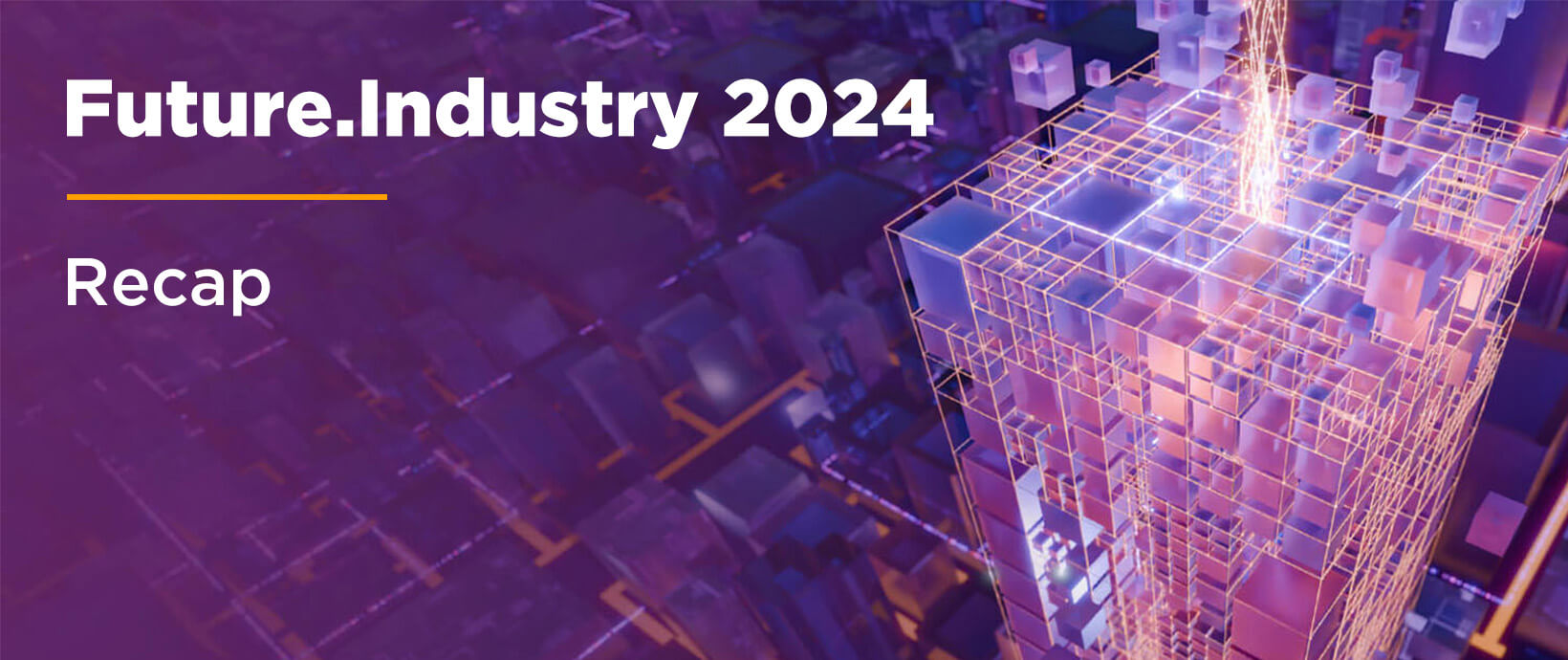Moving HPC Forward in 2020
2020 has been an unprecedented year, with significant upheaval in our everyday lives as well as in business, industry, and science. The requirement for high-performance computing (HPC) resources to support enterprises around the globe is more critical than ever, powering discovery and keeping teams connected in a widely distributed world. HPC and cloud technologies have, by necessity, grown and flexed to accommodate the new normal.
One of Altair’s most exciting developments of 2020 was the biggest-ever release of Altair® PBS Professional®. We enhanced the industry-leading workload manager with brand new capabilities including workload simulation, advanced support for high-throughput scheduling, enterprise-wide budget management, and a built-in cloud-bursting GUI.
We also expanded our solutions toolkit with the acquisition of HPC innovators Univa and Ellexus. Univa’s Grid Engine and Navops Launch tools bring new workload management and cloud tools to the Altair portfolio, and I/O profiling and telemetry from the Mistral and Breeze tools by Ellexus deliver an additional efficiency boost for Altair customers.
Going Virtual at SC20
This year’s Supercomputing conference — the industry’s biggest and most highly anticipated annual event — went virtual. While we missed networking with customers and industry peers face-to-face, the online format offered new opportunities to interact virtually with conference participants, share recent news and developments, and have fun giving away some Amazon gift cards. Our virtual booth content included contributions from customers and partners including PING Golf, American Axle, Fujitsu, Dell, Intel, AMD, and NVIDIA.
We surveyed more than 160 SC20 attendees to find out what matters most to them and what challenges they face. Of those we polled, 34% identified as scientists or researchers, 29% as IT or HPC administrators, 21% as engineers, and 14% in other roles. The results of their survey answers were revealing.
HPC infrastructure – Respondents reported using a variety of HPC infrastructures, with nearly half (49%) using 100% on-premises resources, 38% taking a hybrid approach with both on-premises and cloud computing, and 12% working exclusively in the cloud.
Future infrastructure – Survey participants foresee a significant shift coming up during the next three years, with a ~20% change from on-premises-only computing (28% anticipated vs. the current 49%) to hybrid computing (58% vs. 38%). Those who currently use cloud-only resources plan to continue with them; the percentage of cloud-only responses remained steady at 12%. We expect these numbers to increase as cloud infrastructure continues to mature and software tools make it easier than ever to model, simulate, and collaborate in the cloud.
Workload management – The survey was answered by users of a variety of workload managers, including PBS Professional. 27% said they work mostly with long-running, highly parallel jobs, while 12% focus on high-volume, high-throughput jobs. 54% need the ability to handle both job types in their working environments.
We asked what users’ top concerns were when it comes to workload management and found out that ease of use comes out on top, listed by 51% of respondents. They also care about using infrastructure efficiently (42%), avoiding downtime (34%), accelerating performance (34%), and reducing costs (28%).
As we enter 2021, we’re excited to move the bar forward and continue developing solutions that support fast, powerful, and efficient computing, and to make a significant contribution to future innovations that make connecting and collaborating easier than ever.
One of Altair’s most exciting developments of 2020 was the biggest-ever release of Altair® PBS Professional®. We enhanced the industry-leading workload manager with brand new capabilities including workload simulation, advanced support for high-throughput scheduling, enterprise-wide budget management, and a built-in cloud-bursting GUI.
We also expanded our solutions toolkit with the acquisition of HPC innovators Univa and Ellexus. Univa’s Grid Engine and Navops Launch tools bring new workload management and cloud tools to the Altair portfolio, and I/O profiling and telemetry from the Mistral and Breeze tools by Ellexus deliver an additional efficiency boost for Altair customers.
Going Virtual at SC20
This year’s Supercomputing conference — the industry’s biggest and most highly anticipated annual event — went virtual. While we missed networking with customers and industry peers face-to-face, the online format offered new opportunities to interact virtually with conference participants, share recent news and developments, and have fun giving away some Amazon gift cards. Our virtual booth content included contributions from customers and partners including PING Golf, American Axle, Fujitsu, Dell, Intel, AMD, and NVIDIA.
We surveyed more than 160 SC20 attendees to find out what matters most to them and what challenges they face. Of those we polled, 34% identified as scientists or researchers, 29% as IT or HPC administrators, 21% as engineers, and 14% in other roles. The results of their survey answers were revealing.
HPC infrastructure – Respondents reported using a variety of HPC infrastructures, with nearly half (49%) using 100% on-premises resources, 38% taking a hybrid approach with both on-premises and cloud computing, and 12% working exclusively in the cloud.
Future infrastructure – Survey participants foresee a significant shift coming up during the next three years, with a ~20% change from on-premises-only computing (28% anticipated vs. the current 49%) to hybrid computing (58% vs. 38%). Those who currently use cloud-only resources plan to continue with them; the percentage of cloud-only responses remained steady at 12%. We expect these numbers to increase as cloud infrastructure continues to mature and software tools make it easier than ever to model, simulate, and collaborate in the cloud.
Workload management – The survey was answered by users of a variety of workload managers, including PBS Professional. 27% said they work mostly with long-running, highly parallel jobs, while 12% focus on high-volume, high-throughput jobs. 54% need the ability to handle both job types in their working environments.
We asked what users’ top concerns were when it comes to workload management and found out that ease of use comes out on top, listed by 51% of respondents. They also care about using infrastructure efficiently (42%), avoiding downtime (34%), accelerating performance (34%), and reducing costs (28%).
As we enter 2021, we’re excited to move the bar forward and continue developing solutions that support fast, powerful, and efficient computing, and to make a significant contribution to future innovations that make connecting and collaborating easier than ever.




